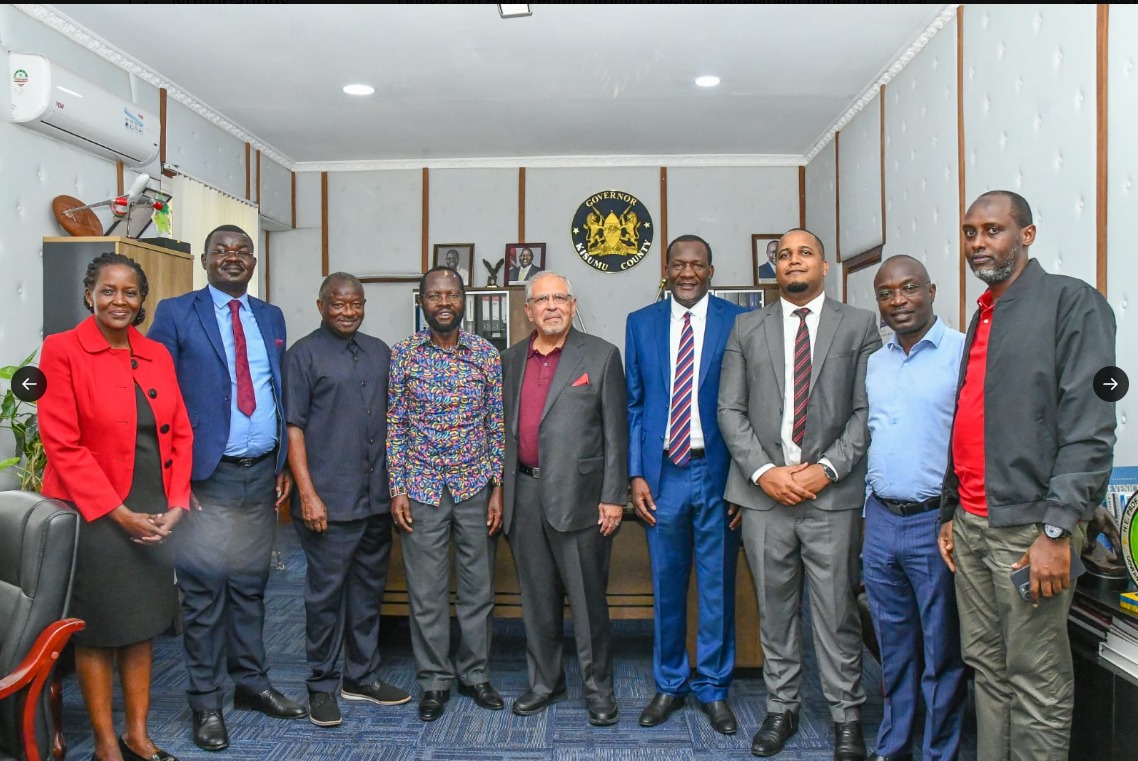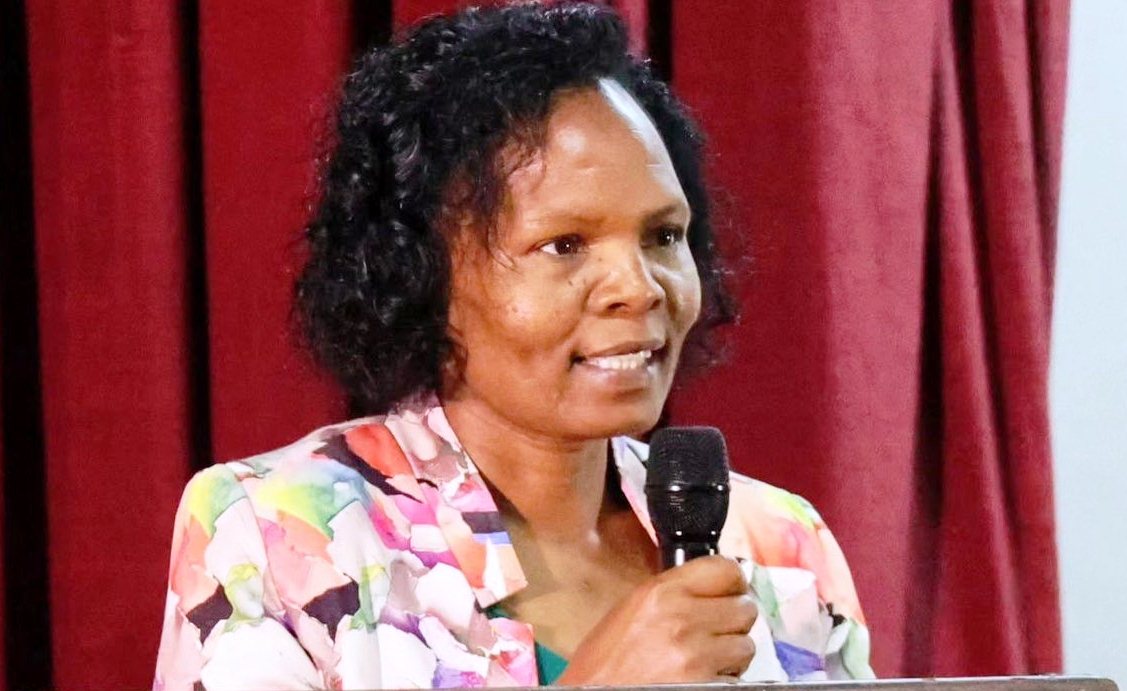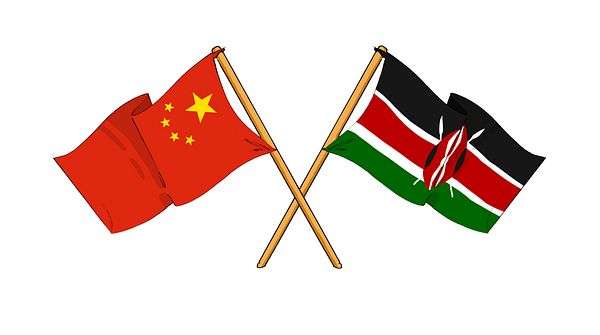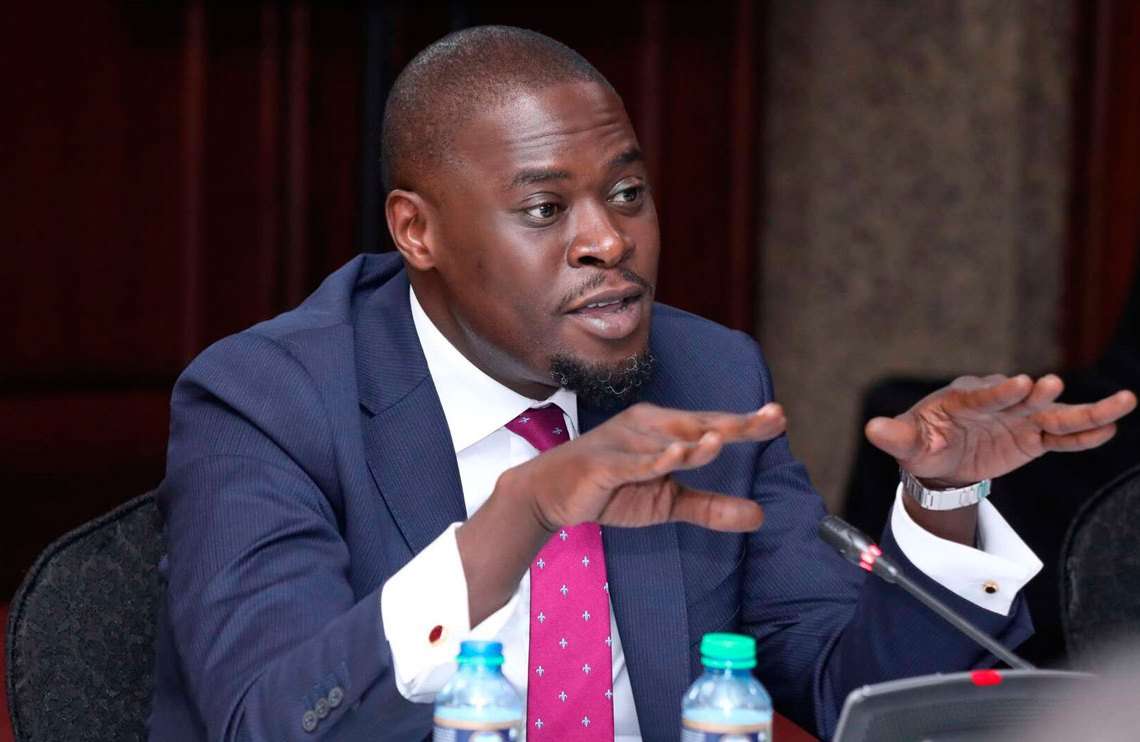By TWV Team
MOMBASA- In a stunning courtroom revelation, Mombasa businessman Abubakar Joho, elder brother to Cabinet Secretary Ali Hassan Joho, laid bare what he described as a calculated and malicious campaign waged by billionaire tycoon Mohammed Jaffer to destroy his family’s reputation, sabotage fair competition, and monopolise entire sectors of the economy using dirty tricks and deep political connections.
For years, the Joho family has faced relentless accusations, from drug trafficking to theft of billions from Mombasa County, charges that have now been traced back to a coordinated smear campaign allegedly orchestrated by Jaffer himself. Speaking under oath in a packed courtroom, Abubakar Joho said the vicious attacks went so far as to drag their elderly mother into fabricated scandals, crossing every line of decency and human dignity.
“This isn’t business rivalry, it’s systematic, well-financed character assassination designed to wipe out competitors,” Abu told the court, his voice cracking with emotion. “My family has been vilified, harassed, and hunted by a man who will stop at nothing to protect his monopoly.”
Evidence presented in court revealed that Jaffer’s personal secretary, Matilda Maodo Kinzani, is facing criminal charges for her role in disseminating defamatory content online and in mainstream media. Investigators allege that she managed a sophisticated smear operation backed by millions of shillings, implicating senior police officers, NIS operatives, and media insiders.
Sources close to the investigation confirmed that this was not idle gossip but a coordinated disinformation campaign aimed at removing Abu Joho from the port logistics industry, where his firms Autoport Freight Terminus and Portside Freight Terminal had emerged as formidable competitors to Jaffer’s Grain Bulk Holdings.
Mohammed Jaffer’s Pro-Gas has also come under fire for capturing regulators to eliminate competition in Kenya’s LPG sector. By lobbying against isotank LPG transport, which favoured smaller, independent importers, Jaffer ensured only a select few, himself included, could dominate the market. The move crippled competitors drawing supplies from Tanzania and Zambia and sparked regional tensions.
In neighbouring Tanzania, Jaffer’s feud with billionaire Rostam Aziz spiralled into diplomatic friction. Jaffer allegedly funded fake NGOs, forged environmental reports, and leveraged political allies such as Raila Odinga and Uhuru Kenyatta to block Aziz’s entry into Kenya. However, intervention by President William Ruto eventually saw Aziz allowed to set up shop in Kenya.
Jaffer’s expansionist ambitions also met resistance in Uganda and Tanzania. After acquiring 200 acres in Uganda for a logistics hub, President Yoweri Museveni reportedly blocked the deal following security intelligence warnings. A prior licence awarded to him in Tanzania was revoked by the late President John Magufuli, who deemed the deal irregular and damaging to public interest.
Back home, Jaffer’s name is linked to the controversial acquisition of Hippo Point, a prime piece of lakefront land in Kisumu. A paper trail reveals that councillors were corralled into approving a fraudulent lease transfer to Nam Lolwe Investment Ltd, a proxy firm later selling the land to Jaffer’s Grain Bulk for Sh100 million.
Kisumu residents now face exclusion from the beachfront, which was earmarked for public use, including a swimming pool, jetty, and viewing point, all funded by county taxes. Critics accuse Jaffer of using high-level political ties to privatise public land under the guise of development.
What emerges from this litany of allegations is a portrait of a man who has turned wealth into a weapon, influence into intimidation, and business rivalry into personal vendetta. While the Joho family’s political past has drawn its own share of scrutiny, the courtroom drama has shifted the spotlight to Jaffer, whose dealings are increasingly seen as emblematic of Kenya’s murky nexus between business and politics.
“This country cannot thrive under the suffocation of monopolists who use money and power to silence rivals, manipulate the media, and bend the law,” Abu Joho concluded, his testimony echoing a growing sentiment among business owners and citizens alike.
As the court proceedings continue, all eyes are now on Kenya’s institutions, will they stand up to one of the country’s most powerful tycoons, or buckle under the weight of influence?





